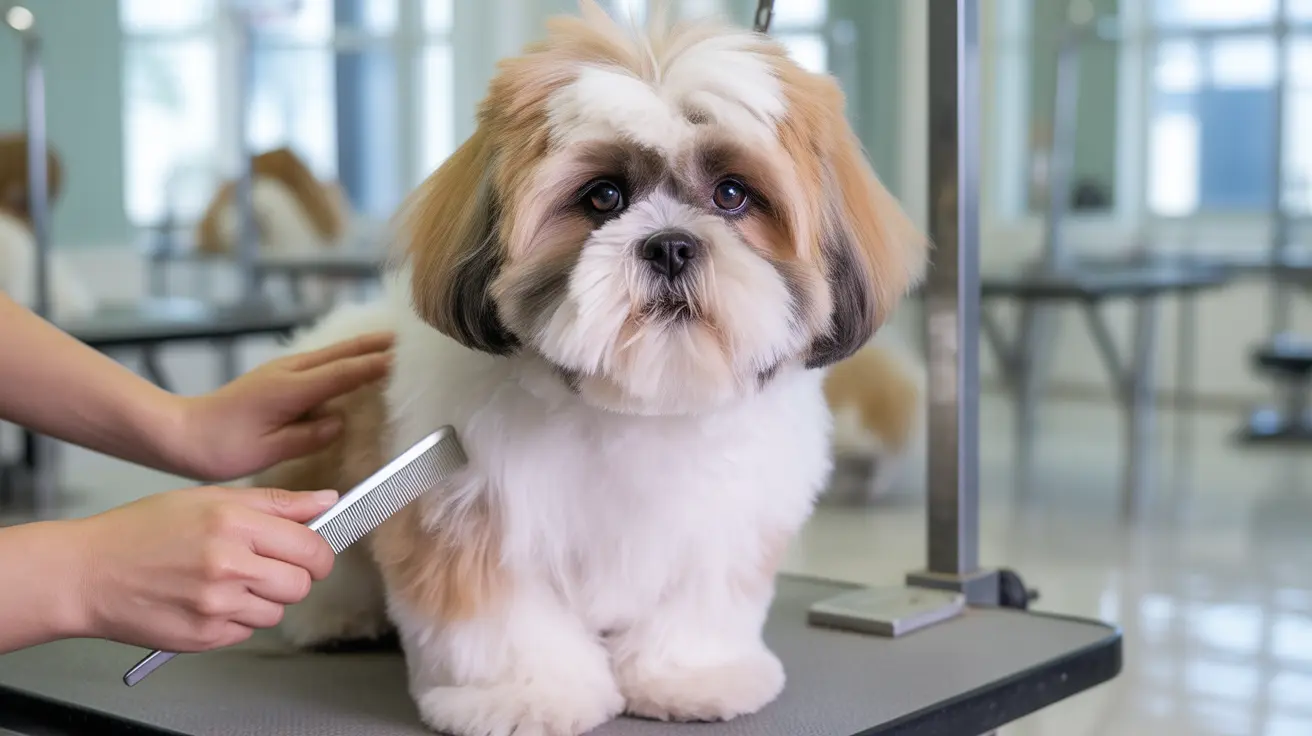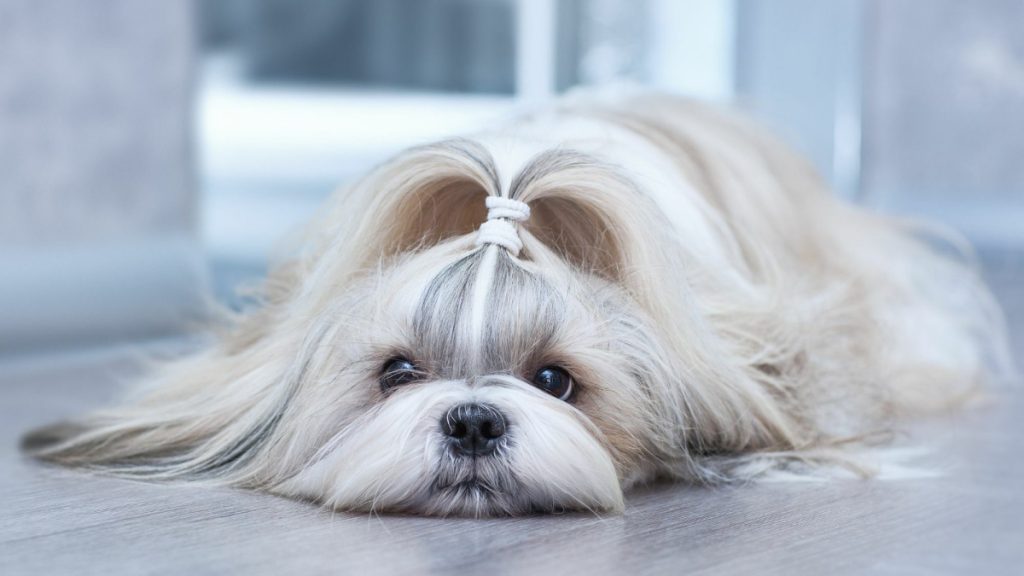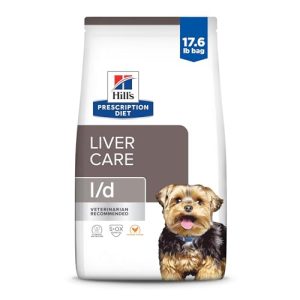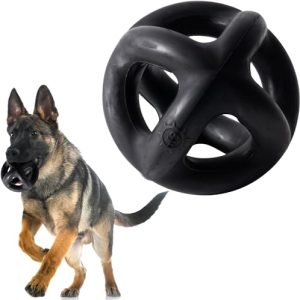Training a Shih Tzu puppy can feel like a handful, but you’re in for an exciting adventure. These adorable little bundles of fur are known for their friendly nature and playful spirit.
However, without the right guidance, that playful spirit can sometimes turn into a whirlwind of mischief. Imagine having a well-behaved Shih Tzu who not only listens to you but also makes every day brighter with their delightful antics. Sounds appealing, right?
You’ll discover practical tips that make training your Shih Tzu puppy not only effective but also enjoyable. Get ready to unlock the secrets to turning your pup into the charming companion you’ve always dreamed of having. Stick around to learn how you can make this happen with less stress and more success.

Credit: www.petscare.com
Preparing For Training
Training a Shih Tzu puppy needs patience and the right setup. Preparing well helps your puppy learn faster.
Start by making a calm place for training. Gather all tools you will need. Set goals that fit your puppy’s pace.
Choosing The Right Environment
Select a quiet, safe area for training your Shih Tzu. Avoid places with many distractions. A small room or a fenced yard works well.
Make sure the space has good lighting and enough room for your puppy to move freely. Keep toys and treats nearby to keep your puppy interested.
Gathering Training Supplies
- Soft collar or harness for comfort
- Leash for control during training
- Small, tasty treats for rewards
- Clicker to mark good behavior
- Favorite toys to encourage play
- Training pads for indoor potty training
Having these supplies ready makes training smoother. Use treats and toys to reward your puppy’s good behavior.
Setting Realistic Goals
| Goal | Timeframe | Notes |
|---|---|---|
| Potty training | 4-6 weeks | Consistent schedule is key |
| Basic commands | 6-8 weeks | Use short, clear words |
| Socialization | Ongoing | Introduce new people and pets gently |
Set small goals for your puppy. Celebrate progress, not perfection. Be patient and keep sessions short.
Basic Commands To Teach
Training your Shih Tzu puppy early helps build good habits. Basic commands make life easier for both of you.
These commands keep your puppy safe and well-behaved. Start with simple words and be patient.
Sit And Stay
Teach your puppy to sit on command. This helps control excitement and keeps them calm.
Once your puppy sits, add “stay” to keep them in place. Use treats and praise to encourage them.
- Say “sit” and gently push their bottom down.
- Give a treat when they sit.
- Say “stay” and hold your hand out.
- Reward if they stay still for a few seconds.
Come When Called
Calling your puppy to come keeps them safe outdoors. Use a happy tone to get their attention.
Practice in quiet areas first. Reward your puppy when they come quickly to you.
- Say your puppy’s name, then “come.”
- Use treats or toys as a reward.
- Repeat in different places.
- Keep calls positive and fun.
Leave It And Drop It
“Leave it” stops your puppy from picking up bad items. “Drop it” helps when they have something unwanted.
Use these commands to protect your puppy from danger and keep your home safe.
- Show a treat and say “leave it.”
- Wait until your puppy looks away, then reward.
- For “drop it,” offer a treat when they release an item.
- Practice often with different objects.
Housebreaking Techniques
Training a Shih Tzu puppy to use the bathroom outside requires patience and consistency. Housebreaking is an essential skill for your puppy to learn early on.
Using the right methods helps your puppy understand where and when to go. This guide covers key techniques to make housebreaking easier.
Establishing A Routine
Setting a daily schedule helps your Shih Tzu puppy learn when it is time to go outside. Puppies thrive with regular feeding and bathroom times.
- Take your puppy outside first thing in the morning.
- Offer bathroom breaks after meals and naps.
- Use the same spot each time to help your puppy recognize it.
- Praise your puppy immediately after they go outside.
- Keep bathroom trips short but frequent in the beginning.
Using Crate Training
A crate can be a safe space for your puppy and a useful tool for housebreaking. Dogs usually avoid soiling their sleeping area.
| Crate Training Tip | Reason |
|---|---|
| Choose a crate the right size | Too big lets puppy eliminate in one corner |
| Use the crate for short periods | Prevents stress and encourages bathroom habits |
| Take puppy outside right after crate time | Reinforces where to go to the bathroom |
Handling Accidents Calmly
Accidents are part of housebreaking. Stay calm and avoid punishment. Your puppy needs gentle guidance to learn the right behavior.
- Clean accidents thoroughly to remove odors.
- Ignore the accident itself and focus on praise when puppy goes outside.
- Watch for signs your puppy needs to go out.
- Be patient and consistent with your training.
Credit: www.pets4homes.co.uk
Socialization Tips
Socializing your Shih Tzu puppy is key to a happy and confident dog. Early experiences shape their behavior.
Start socialization early. Help your puppy meet new people and face different situations calmly.
Introducing New People
Let your puppy meet many types of people. This includes children, adults, and seniors. Keep meetings calm and positive.
- Allow gentle petting from strangers
- Use treats to create good associations
- Watch your puppy’s body language
- Keep introductions short at first
- Repeat often in safe places
Meeting Other Dogs
Introduce your puppy to other dogs slowly. Choose well-behaved dogs for first meetings. Keep sessions short and friendly.
| Tip | Reason |
| Meet calm dogs | Prevent stress and fear |
| Use a leash | Control the meeting safely |
| Watch for signs of fear | Stop if your puppy feels scared |
| Reward good behavior | Encourage positive social skills |
Exposure To Different Environments
Help your puppy explore new places. Different sights and sounds build confidence. Keep outings short and safe.
- Visit parks, streets, and pet-friendly stores
- Let your puppy sniff and explore safely
- Use treats to reward calm behavior
- Avoid busy or noisy places at first
- Increase exposure gradually
Positive Reinforcement Methods
Training a Shih Tzu puppy takes patience and kindness. Positive reinforcement helps your puppy learn good behavior.
This approach rewards your puppy for doing the right thing. It builds trust and makes training fun.
Using Treats Effectively
Treats are a great way to motivate your puppy. Use small, soft treats that your puppy loves.
Give treats immediately after your puppy follows a command. This helps your puppy connect the action with the reward.
- Choose healthy treats in small pieces
- Give treats only for good behavior
- Reduce treats over time as your puppy learns
Incorporating Praise And Play
Praise your Shih Tzu with kind words and a happy tone. Puppies respond well to your voice and attention.
Play is also a good reward. Use toys or gentle games to celebrate when your puppy does well.
- Use phrases like “Good job” or “Well done”
- Pet your puppy gently after commands
- Play fetch or tug as a reward
Avoiding Punishment
Never punish your Shih Tzu puppy for mistakes. Punishment can cause fear and confusion.
Focus on guiding your puppy gently. Redirect bad behavior and reward good choices.
- Do not shout or hit your puppy
- Use calm redirection to stop bad habits
- Be patient and consistent with training

Credit: www.reddit.com
Addressing Common Challenges
Training a Shih Tzu puppy can be fun but also tricky. They have unique needs and behaviors.
Many owners face challenges like separation anxiety, chewing, and barking. These tips help you handle them.
Managing Separation Anxiety
Shih Tzus often feel nervous when left alone. This can cause whining or destructive behavior.
Start by leaving your puppy alone for short times. Gradually increase the time as they get used to it.
- Give a special toy to keep them busy
- Keep departures calm and quiet
- Avoid long goodbyes that cause stress
- Create a safe, cozy space for your puppy
Handling Chewing And Biting
Puppies explore the world by chewing and biting. This behavior can damage your things.
Provide plenty of chew toys to redirect their biting. Teach them what is okay to chew.
- Say “No” firmly if they bite you
- Offer a toy immediately after
- Reward gentle play with treats and praise
- Keep dangerous items out of reach
Correcting Excessive Barking
Shih Tzus may bark a lot to get attention or warn you.
Teach your puppy to bark less by rewarding quiet behavior. Ignore barking that seeks attention.
- Use a calm voice to say “Quiet”
- Give treats when they stop barking
- Remove them from situations that cause barking
- Exercise them to reduce energy and stress
Maintaining Consistency
Training a Shih Tzu puppy needs steady effort every day. Consistency helps your puppy learn faster and behave well.
Keep your training simple and clear so your puppy knows what to expect. This builds trust and good habits.
Scheduling Daily Training Sessions
Train your puppy at the same time each day. Short sessions work best, about 5 to 10 minutes long.
- Pick quiet times with few distractions.
- Use a timer to keep sessions short.
- Focus on one skill each session.
- End on a positive note with praise.
Involving Family Members
Get every family member involved in training. This helps your puppy learn from all of you and stay consistent.
- Explain training rules to everyone.
- Use the same commands and gestures.
- Take turns leading training sessions.
- Reward good behavior with treats or pets.
Tracking Progress
Keep a record of your puppy’s training progress. Track skills learned and areas needing work.
| Training Date | Skill Practiced | Success Level | Notes |
|---|---|---|---|
| April 10 | Sit Command | Good | Responds well to hand signals |
| April 12 | Potty Training | Average | Needs reminders after meals |
| April 14 | Recall | Needs Improvement | Distracted by noises outside |
Advanced Tricks And Commands
Training a Shih Tzu puppy beyond basic commands can be fun and rewarding. Advanced tricks help keep your puppy mentally active.
These tricks also improve your puppy’s focus and obedience. Let’s explore some advanced commands to teach your Shih Tzu.
Teaching Roll Over
Start by asking your puppy to lie down. Use a treat to guide your puppy’s head towards its shoulder.
As your puppy follows the treat, it will roll its body. Praise and give the treat when the roll is complete.
- Use a calm, happy voice.
- Practice in short sessions.
- Be patient and consistent.
Playing Fetch
Choose a small toy your Shih Tzu likes. Throw the toy a short distance and encourage your puppy to chase it.
When your puppy picks up the toy, call it back. Reward your puppy when it returns with the toy.
- Keep sessions short and fun.
- Use praise and treats as rewards.
- Repeat often for better results.
Responding To Hand Signals
Choose simple hand signals for commands like sit, stay, and come. Show the signal clearly before giving the verbal command.
Reward your Shih Tzu when it responds correctly to the hand signal. Practice each signal many times for learning.
- Use consistent hand movements.
- Combine signals with verbal commands.
- Give treats and praise immediately.
Frequently Asked Questions
How Do I Start Training My Shih Tzu Puppy?
Begin with basic commands like sit and stay. Use positive reinforcement and short sessions. Consistency and patience are key for success.
What Is The Best Age To Train A Shih Tzu Puppy?
Start training as early as 8 weeks old. Early training helps build good habits and socialization skills effectively.
How Can I Housebreak My Shih Tzu Puppy Quickly?
Establish a routine for bathroom breaks. Praise and reward your puppy immediately after they go outside. Be patient and consistent.
What Are Common Mistakes When Training Shih Tzus?
Avoid harsh punishments and inconsistent commands. Shih Tzus respond better to gentle guidance and rewards for good behavior.
Conclusion
Training a Shih Tzu puppy takes time and patience. Consistency helps your puppy learn better. Small rewards keep training fun and positive. Practice daily to build good habits quickly. Remember, every puppy learns at its own pace. Enjoy each moment and celebrate small wins.
A well-trained Shih Tzu becomes a happy, loving pet. Keep training simple and clear for best results. Your effort will make a big difference. Stay calm, kind, and enjoy the journey together.

Emily Barker is the founder of ChillDogLife.com, a space dedicated to helping pup parents discover the best dog products, lifestyle tips, and cozy ideas for happier homes.
A lifelong dog lover, Emily combines her passion for pets with a knack for research to share trusted recommendations on everything from toys and furniture to health and everyday care.
Her goal is simple: to make life easier, stylish, and more joyful for dogs and the people who love them.







